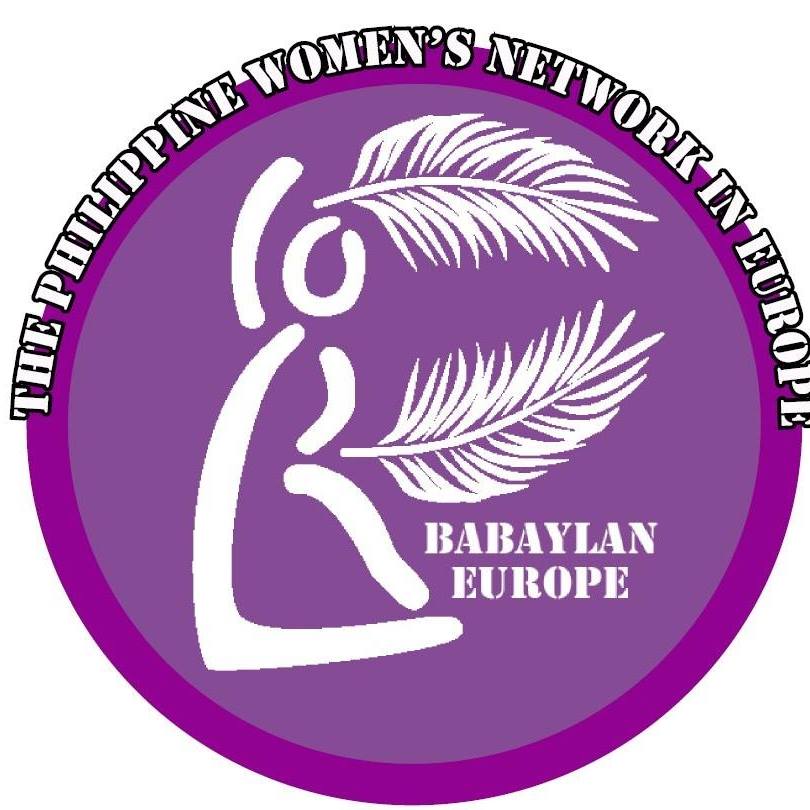The following piece is the welcome talk delivered by Yvonne Belen, Coordinator of the “Conference of Philippine Women in Europe” held in Barcelona, Spain from September 21-23, 1992. The conference was sponsored by the Commission for Filipino Migrant Workers (CFMW) with Maria Teresa “Maitet” Ledesma as Program Director.
“Some of you must be tired from your trip, traveling by land or air from your country of residence then by train to Llavaneres. But I’m sure that after having seen our conference site and the sea nearby, your tiredness disappeared. And talking about tiredness I would like to share a story in the Philippines:
One day a group of people traveled by bus for 10 hours from Manila to a village in Ifugao, a province in northern Luzon. When they arrived in the village, a man asked a lady, “How was your trip?” She replied, “Oh, we are very tired from our trip.” The man said, “How can that be? You were only sitting down in the bus. It is good if you are walking, then you can say you are tired.”
With this story, I welcome you all to the “Conference of Philippine Women in Europe,” where I said in my last letter that we’ll come to work and celebrate.
We celebrate this conference for many reasons. One, we are setting “herstory” by having convened this gathering of Filipinas in Europe for the first time. How we came to have this conference is written in the “Conference Background.” Second, we have all exerted effort to make this gathering possible – be it in suggesting ideas, doing the technical work or raising funds for our trip. Finally, we could be amongst ourselves – away from our domestic responsibilities – talking about our concerns and making plans.
Amidst our celebration, I would like to give the context of our conference. From the Philippines, conditions in the country have pushed us to leave. Foremost is poverty. So, we leave the country to work in a foreign land as domestic helpers, cultural entertainers, overseas contract workers and others. For many, their main reason is to uplift their families’ economic condition. Second is the Philippine government’s policy to export its human resources since it’s unable to absorb its labor force. More importantly, the government needs dollar reserves to pay its US$ 28 billion foreign debt.
In Europe we see the rise of racism. The targets are migrant workers and refugees. Neo-fascist and rightist groups blame migrant workers and refugees for their country’s economic problems.
Globally, rich countries continue to exploit our natural resources. If these natural resources were used to benefit us Filipinos, we will stay in our country and work there. We could be employed as professionals with the corresponding salary.
But now, we live in Europe and have issues as migrants, women or members of an ethnic minority. While we’re faced with problems, we realize that only we could start changing our situation. That’s why we have chosen “Empowering Filipinas in Europe” as a conference theme.
What does the conference mean to me? One is being able to explain the meaning of empowerment. I still remember Rita Amaqui after a conference preparatory meeting last March asking, “What is the meaning of empowering?” That question stuck in my mind and for our conference, I tried to explain the meaning in the article, “Empowering Filipinas in Europe.” Second, the conference means being able to identify with other women’s conditions. Four days before the conference, I stayed with Rita at her employer’s house. I felt how it is to be a domestic helper and became one myself. We wanted to finish the house chores and leave early on Saturday afternoon. Finally, the conference has meant financial uncertainties and hard work but always with the hope that it will eventually push through.
Our vision is to work together towards our empowerment and this conference is a beginning.
Thank you.”

